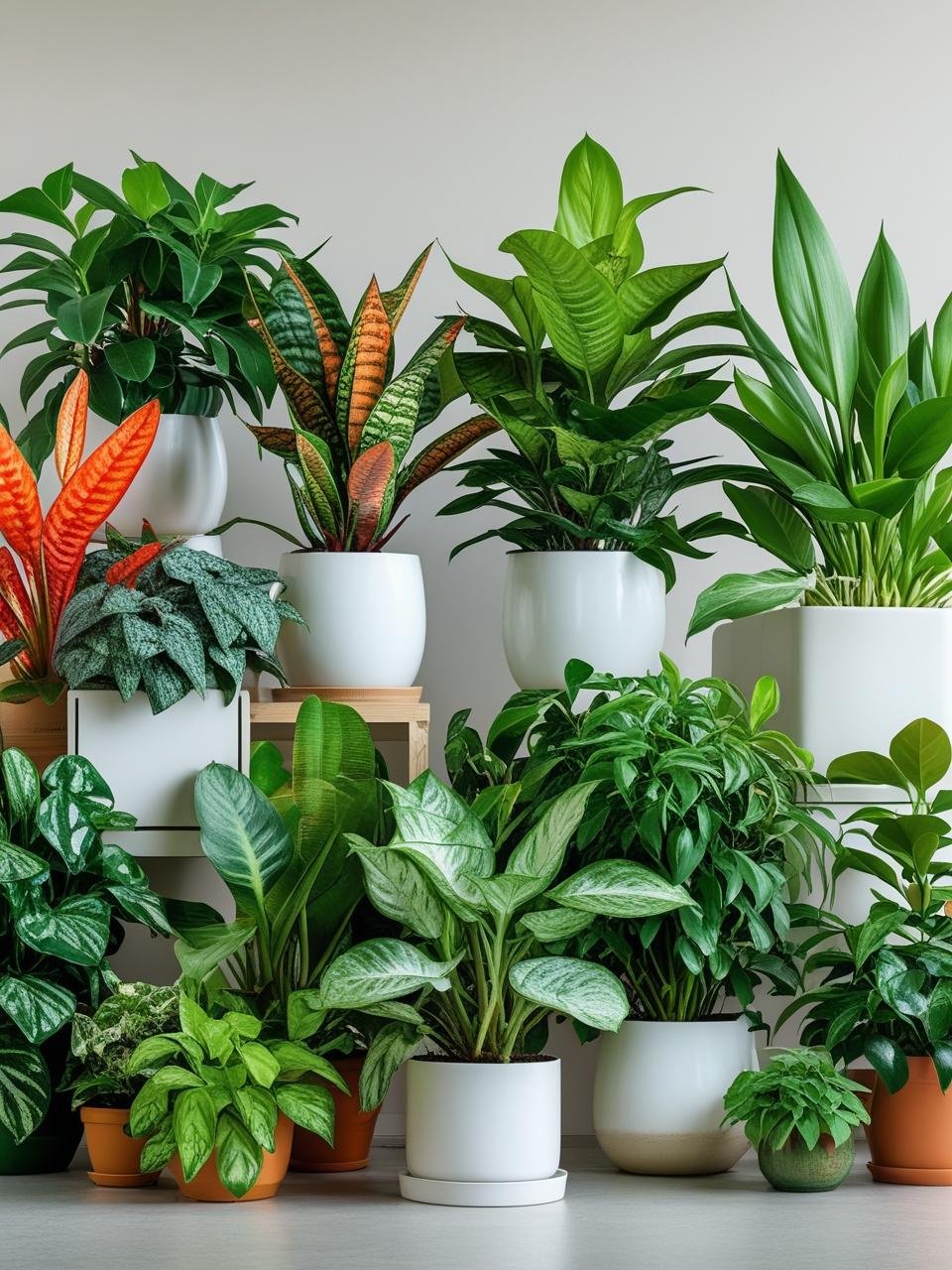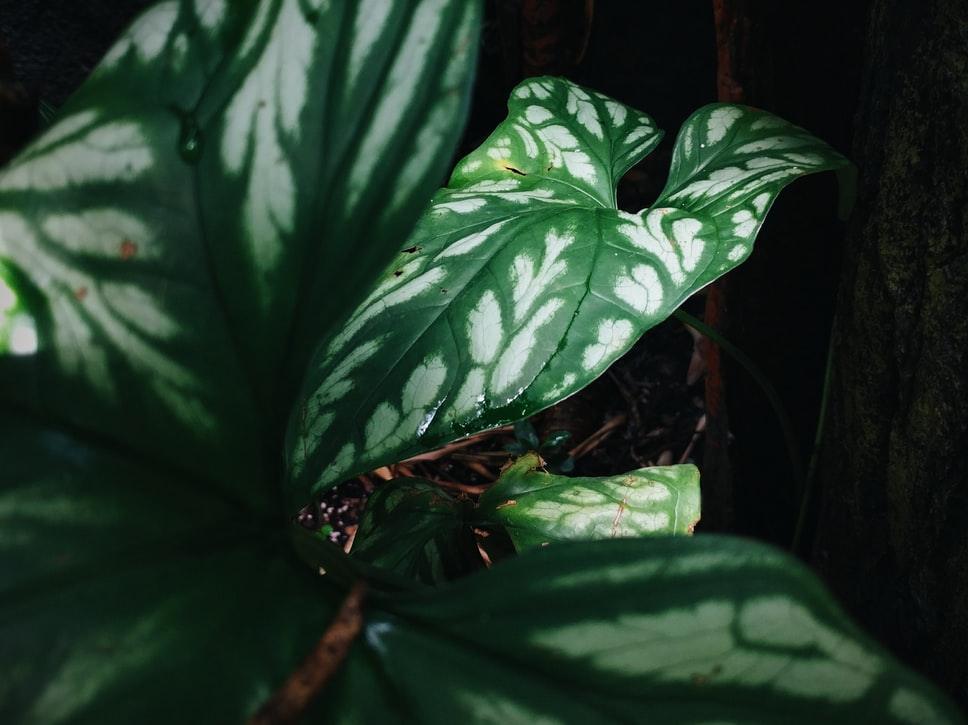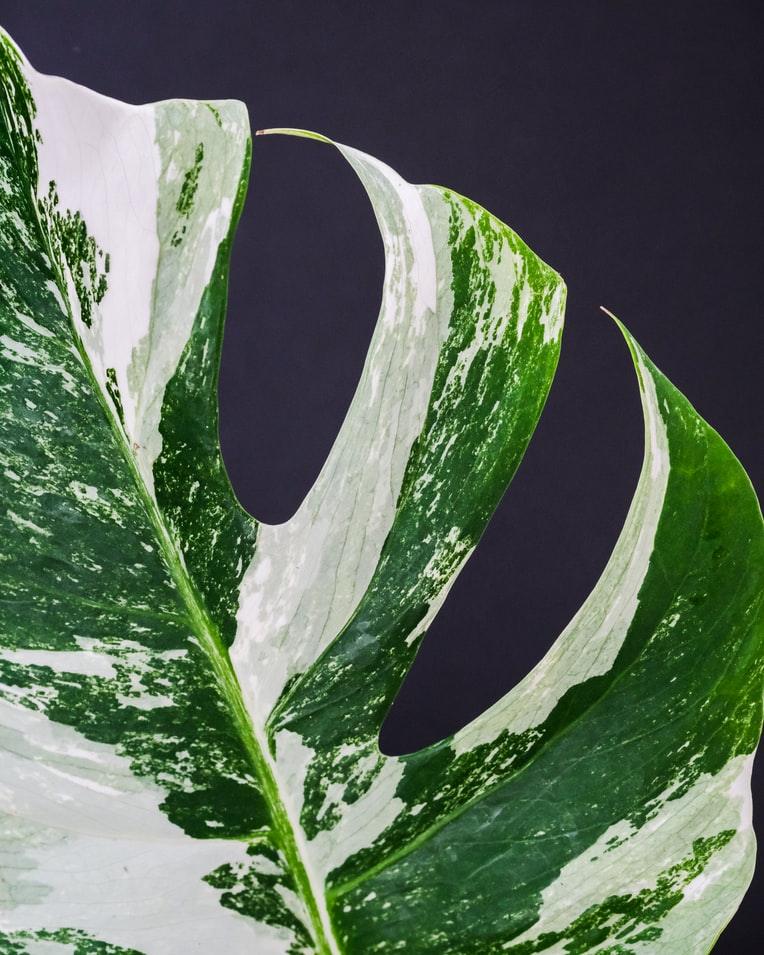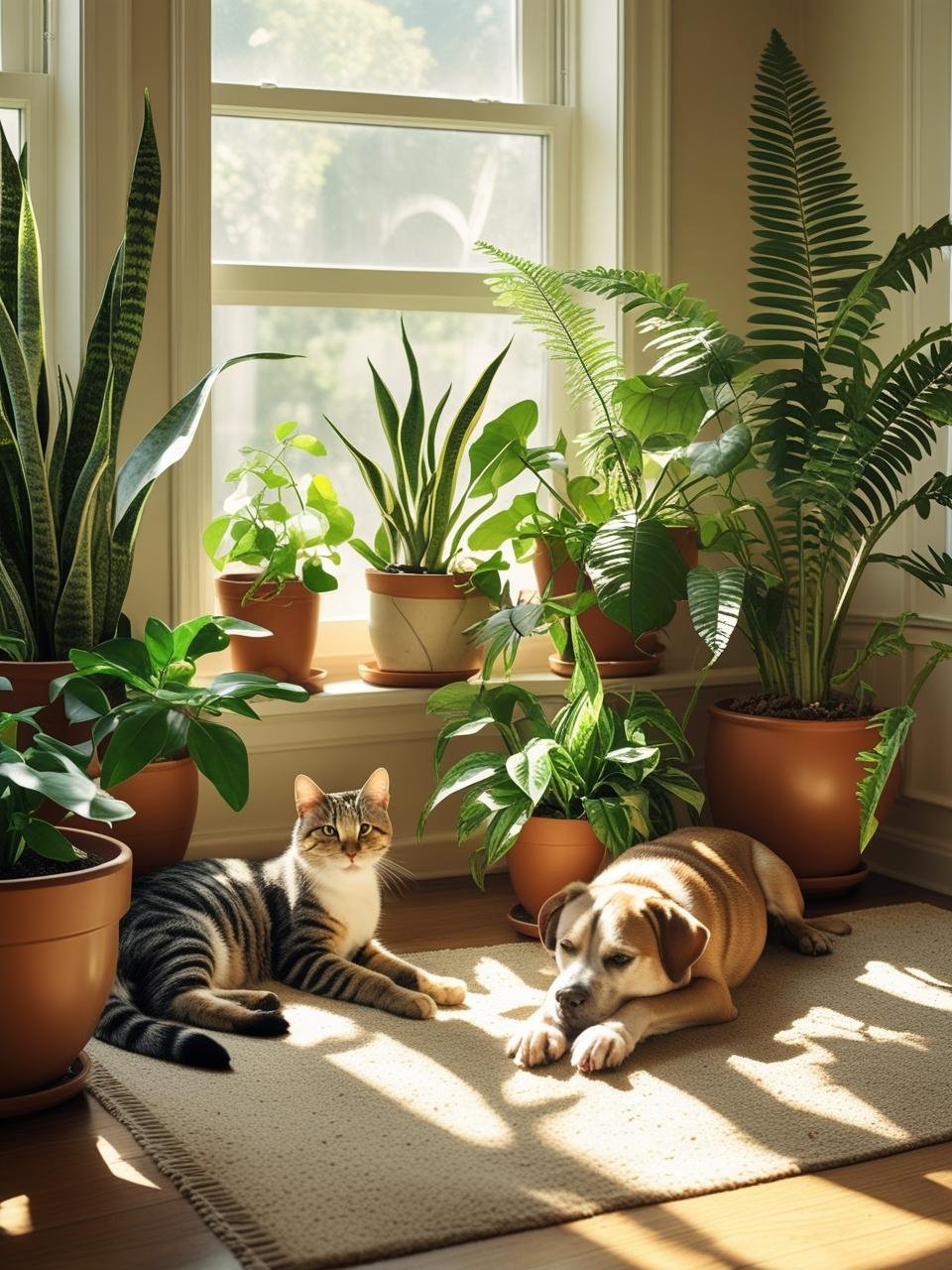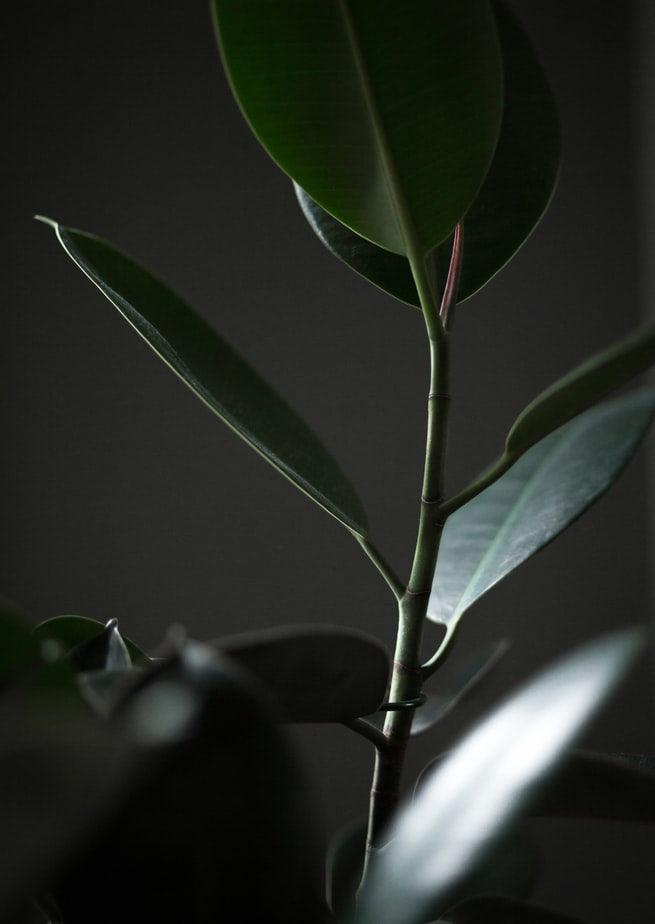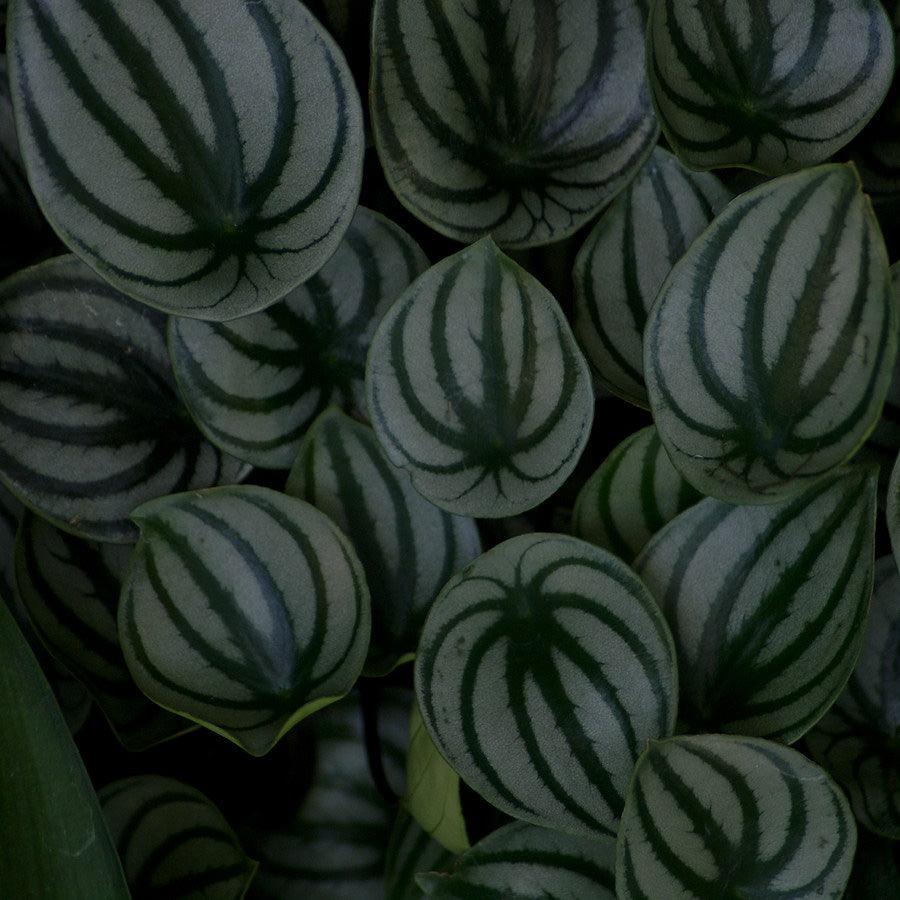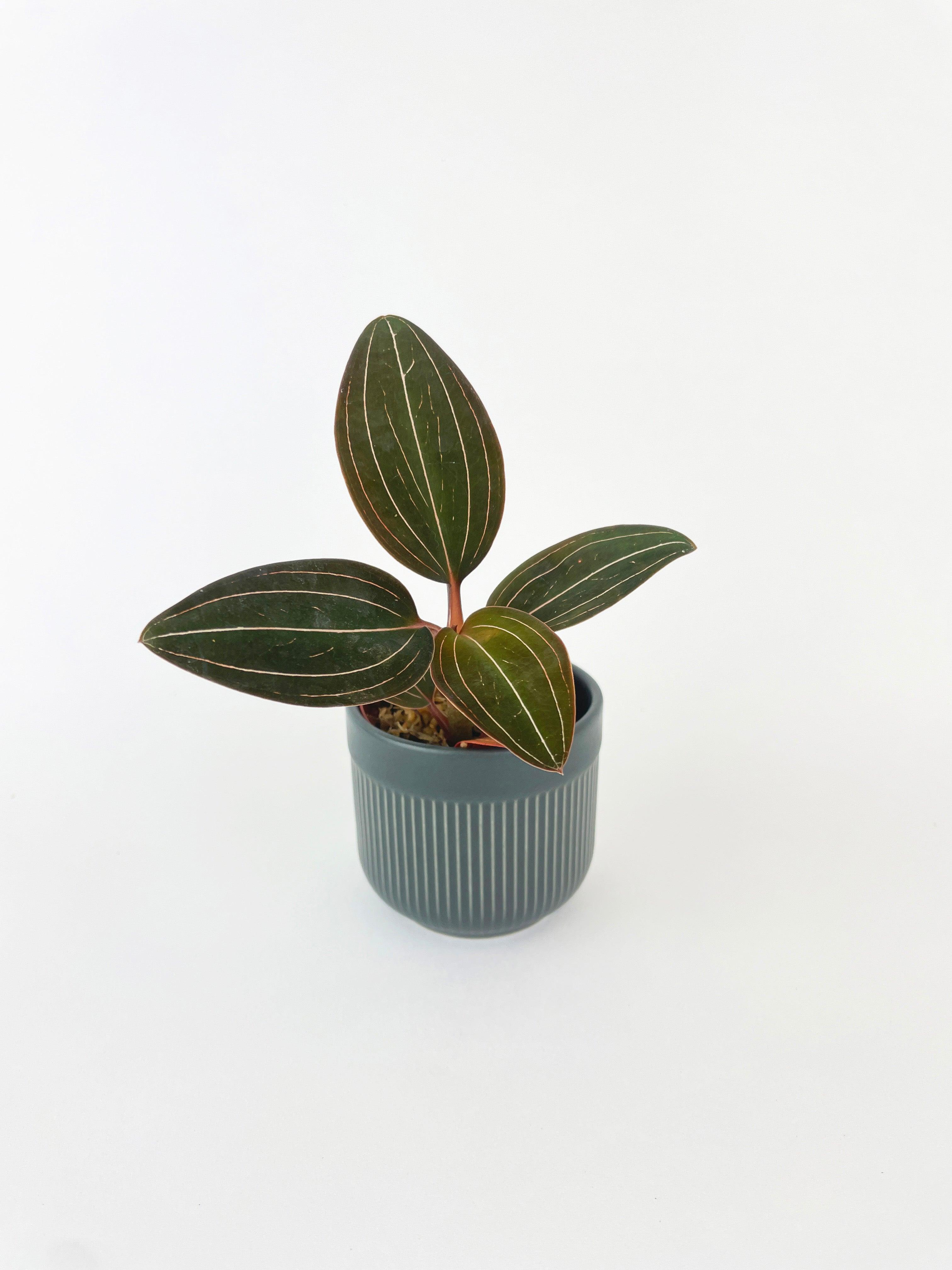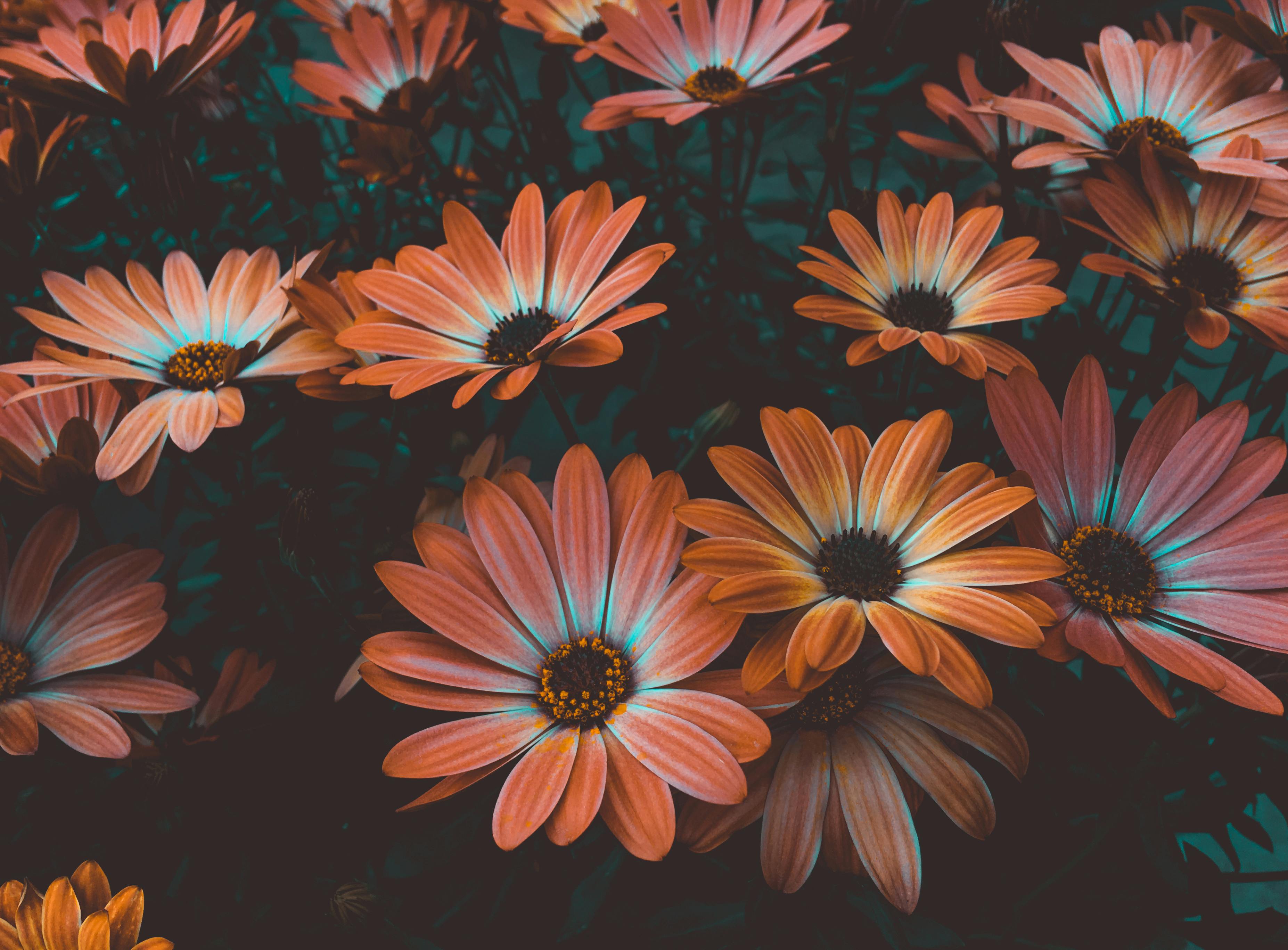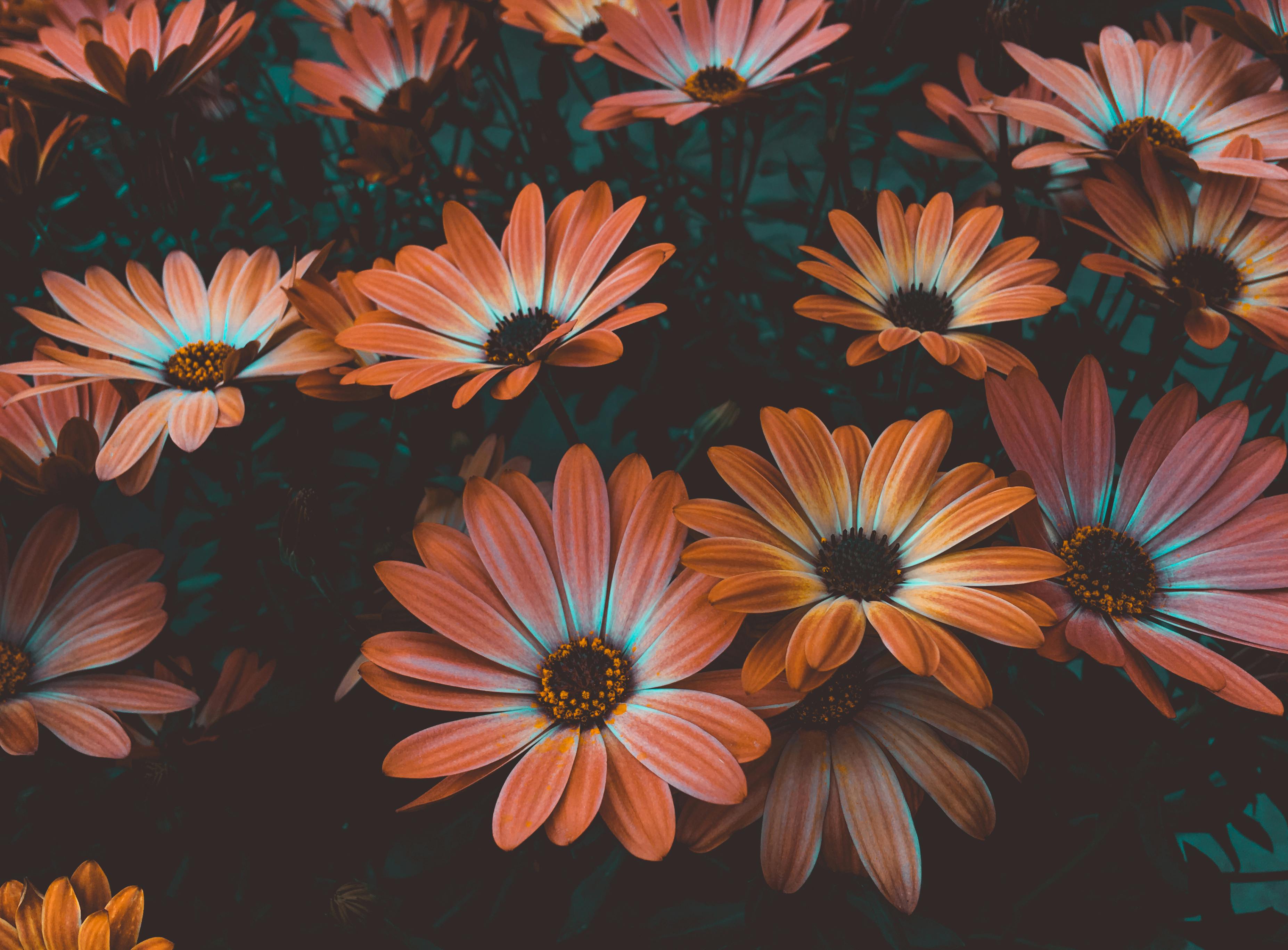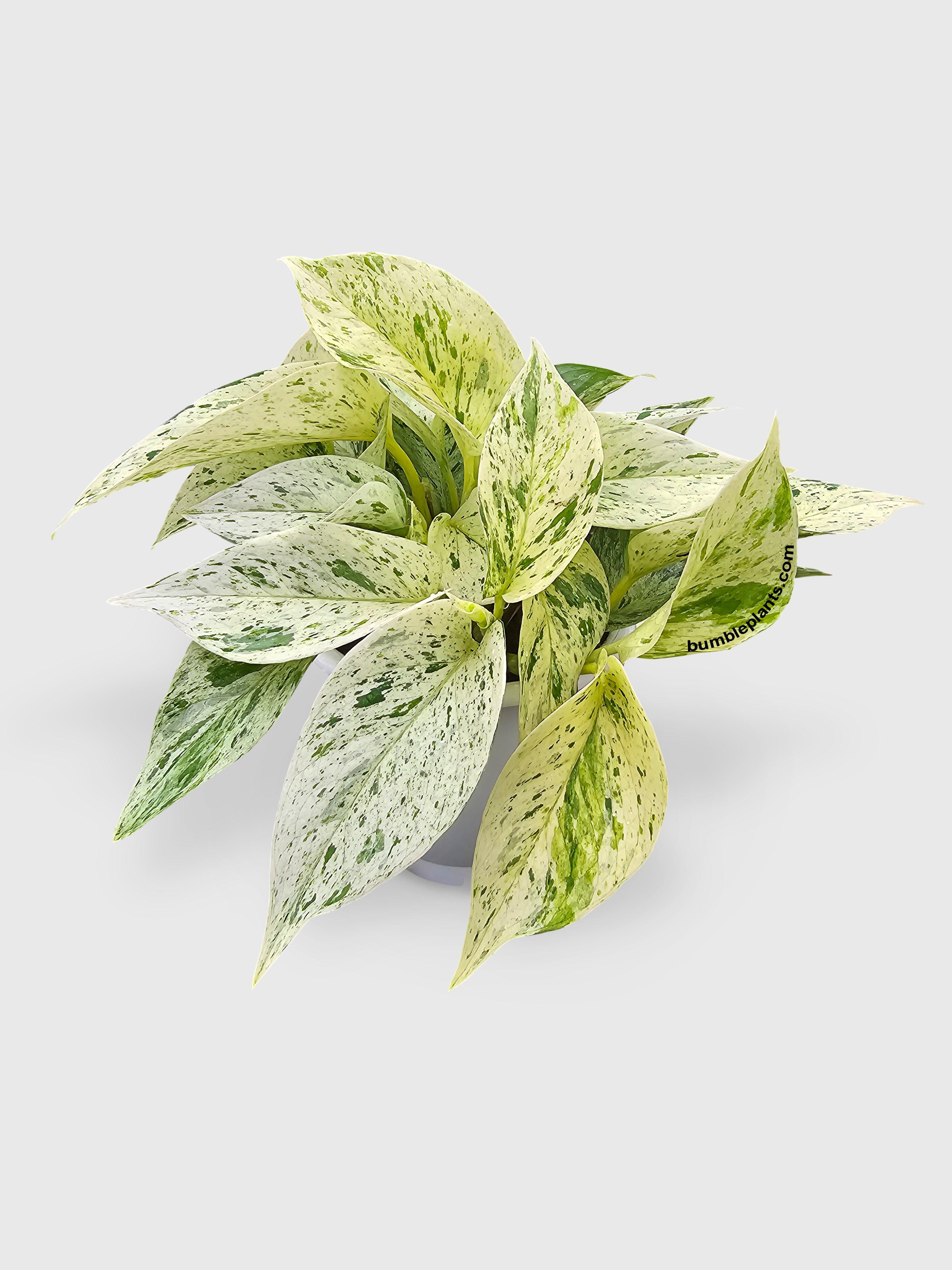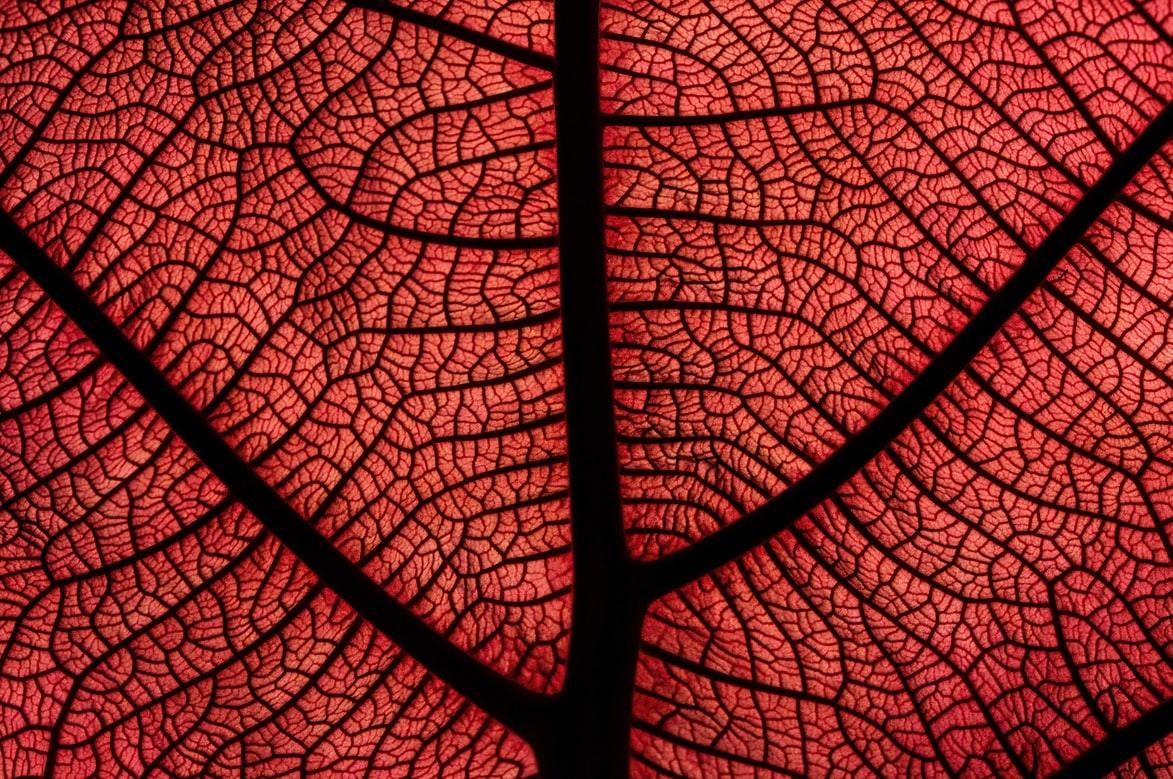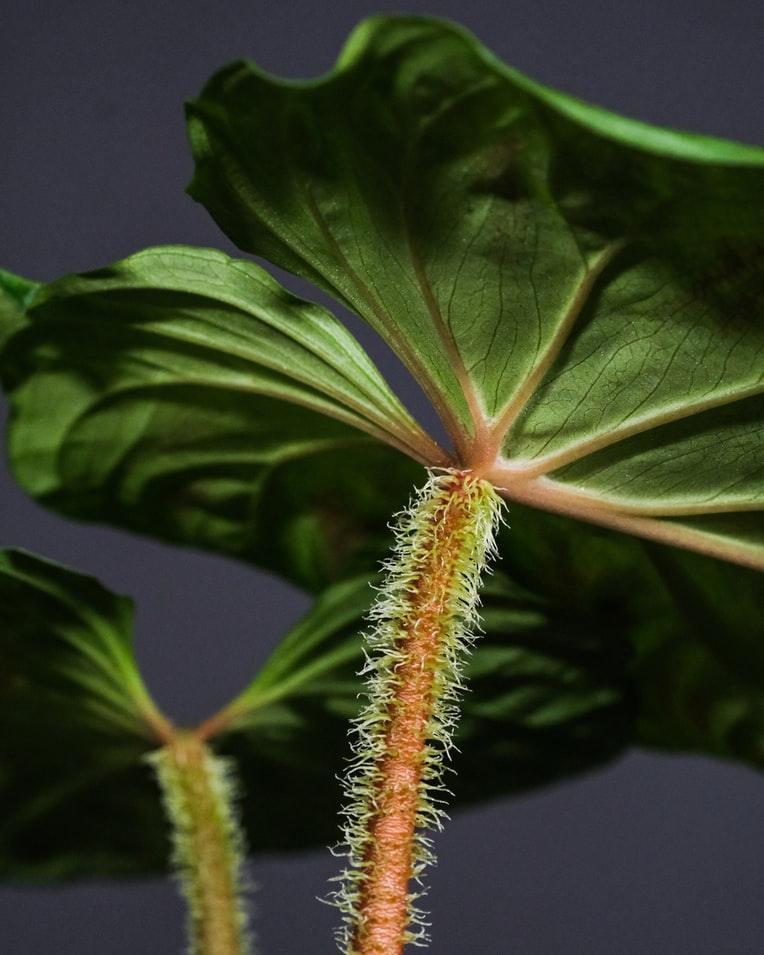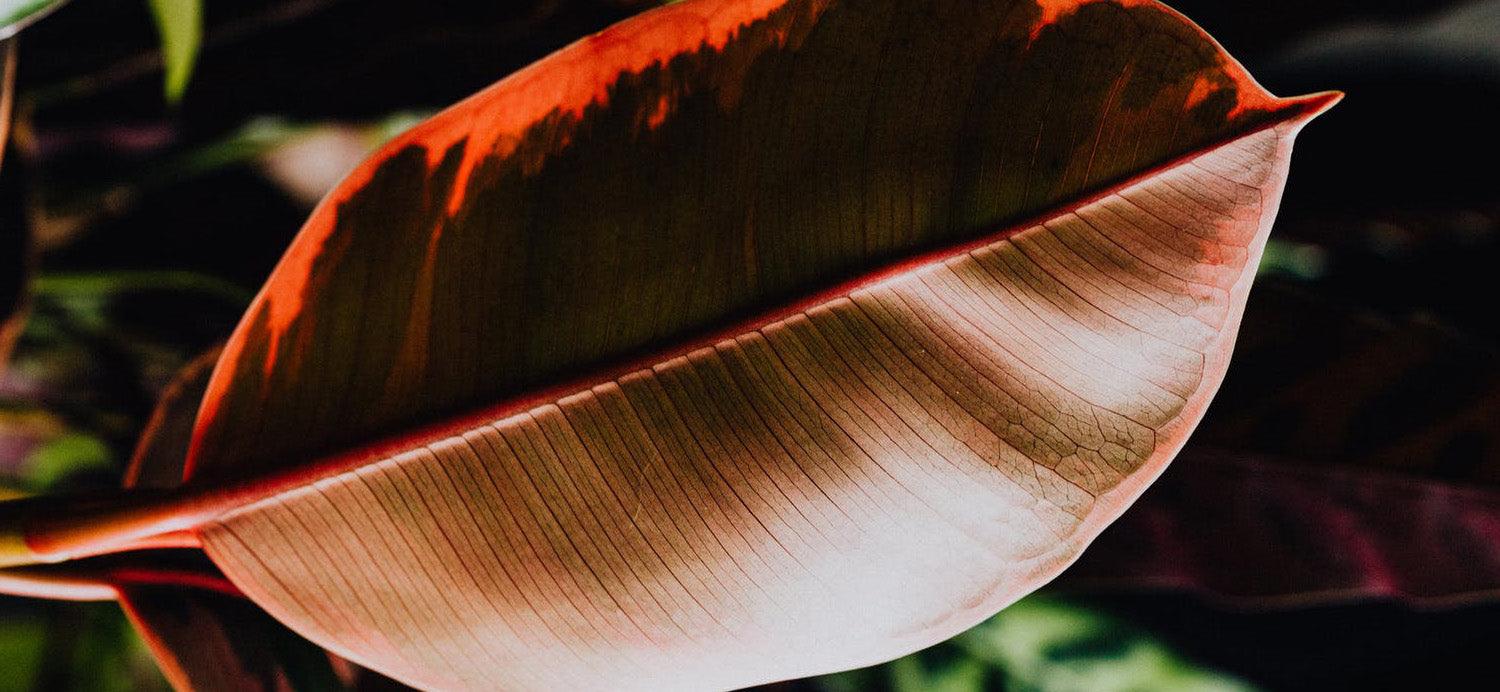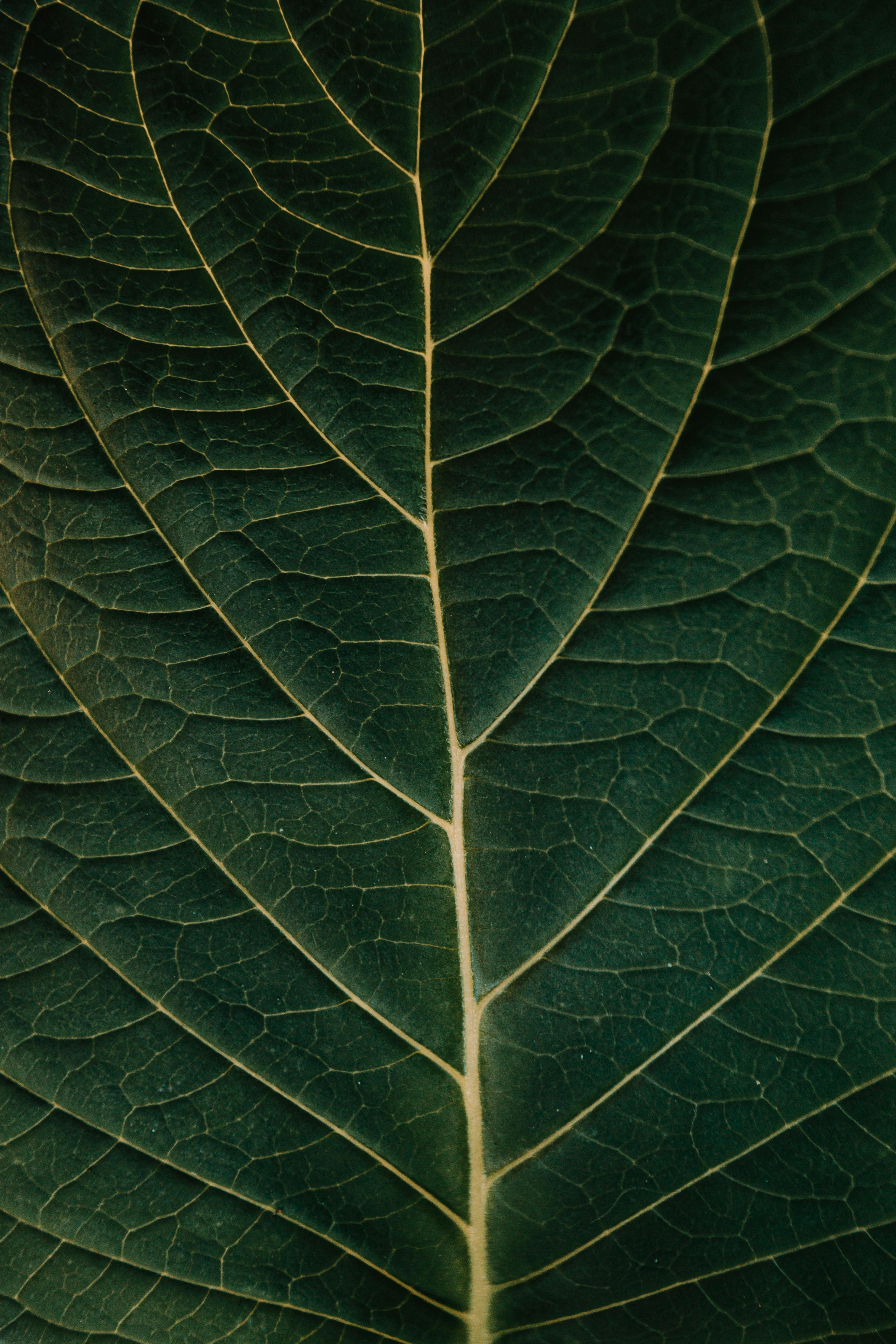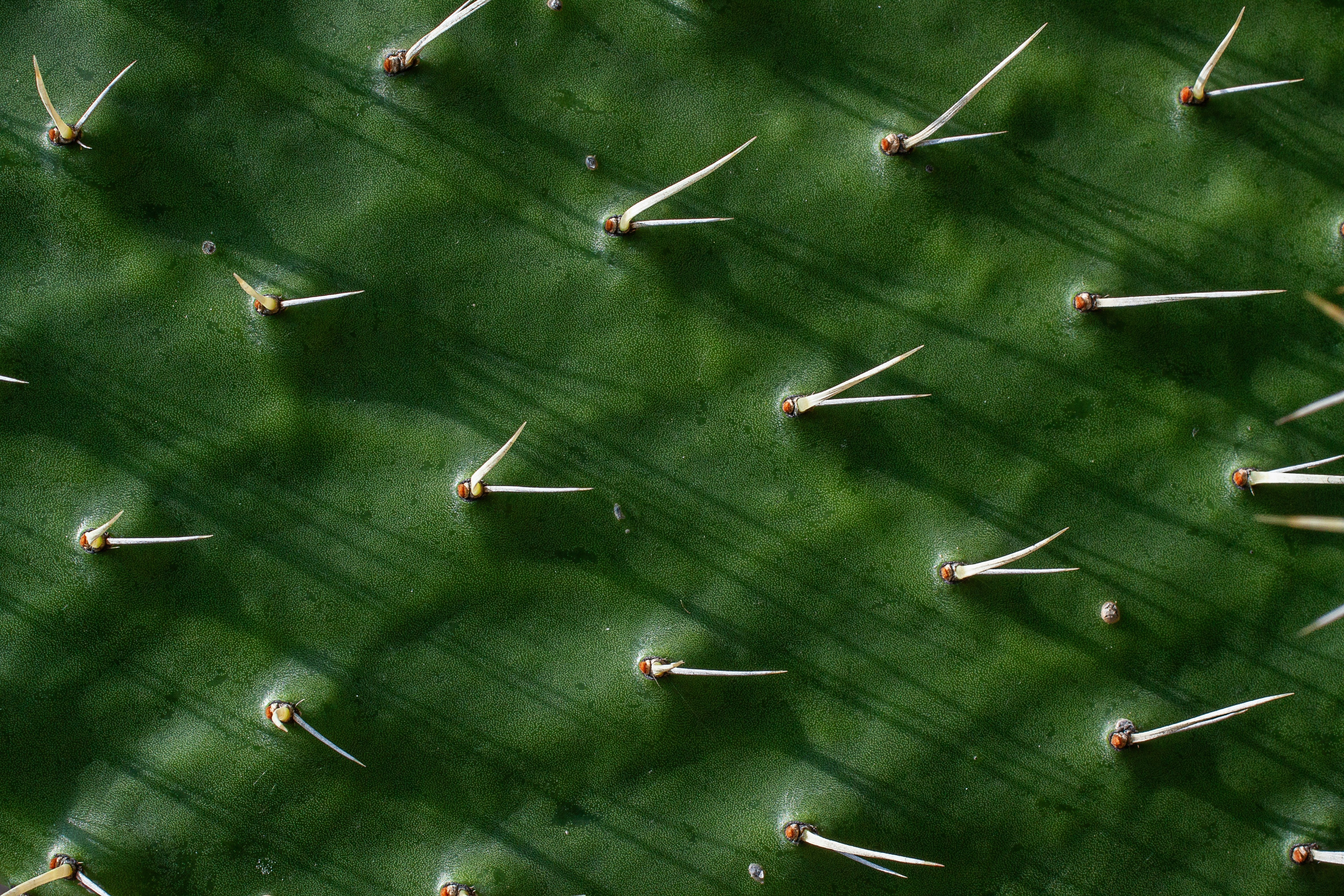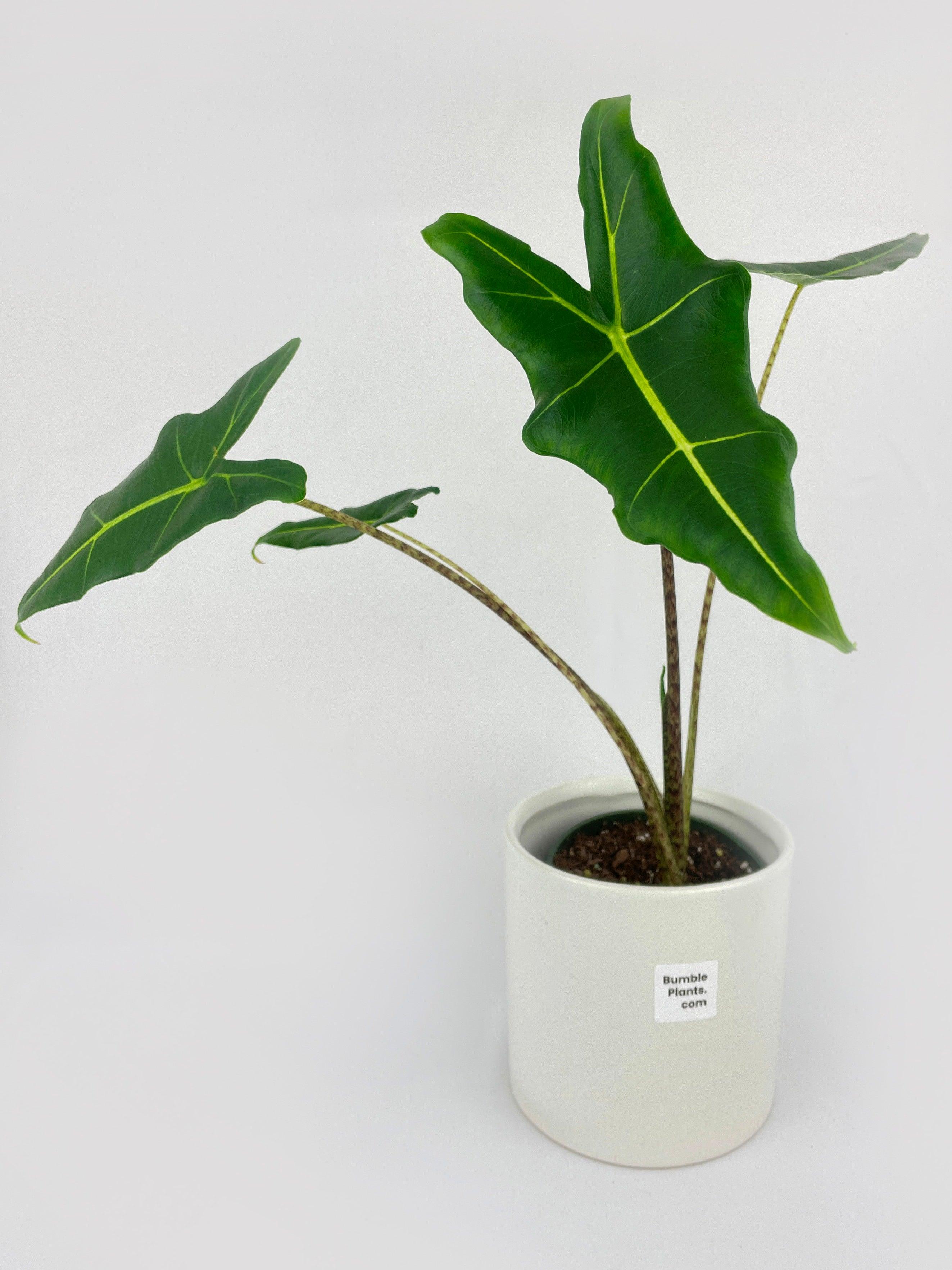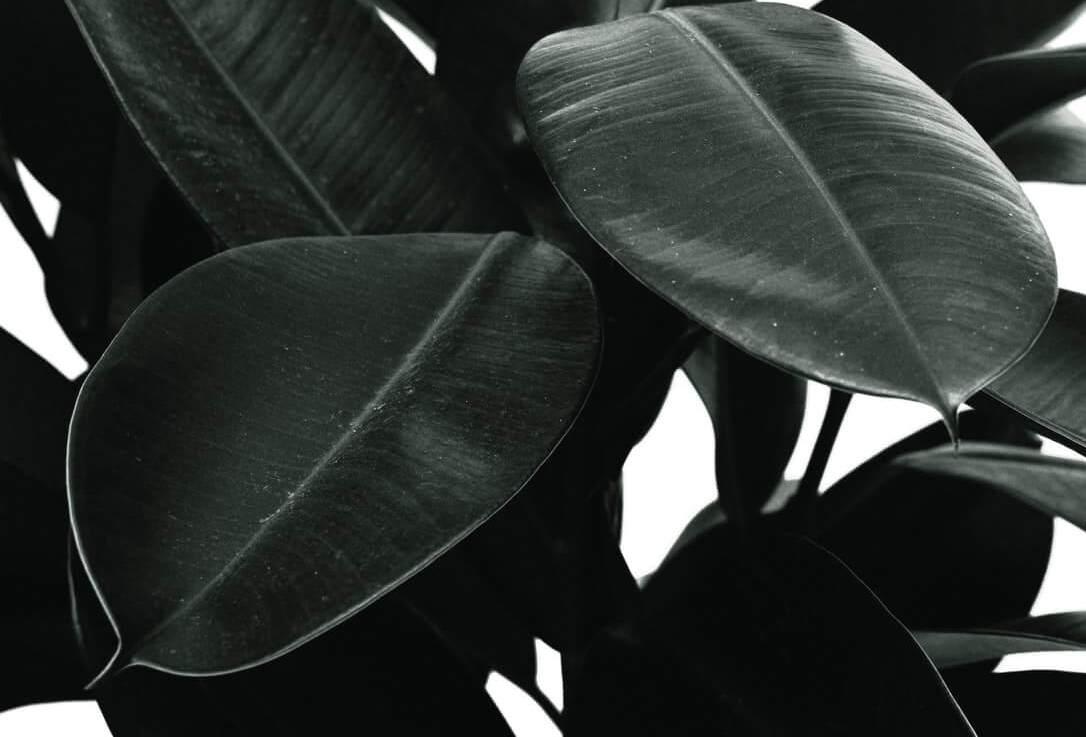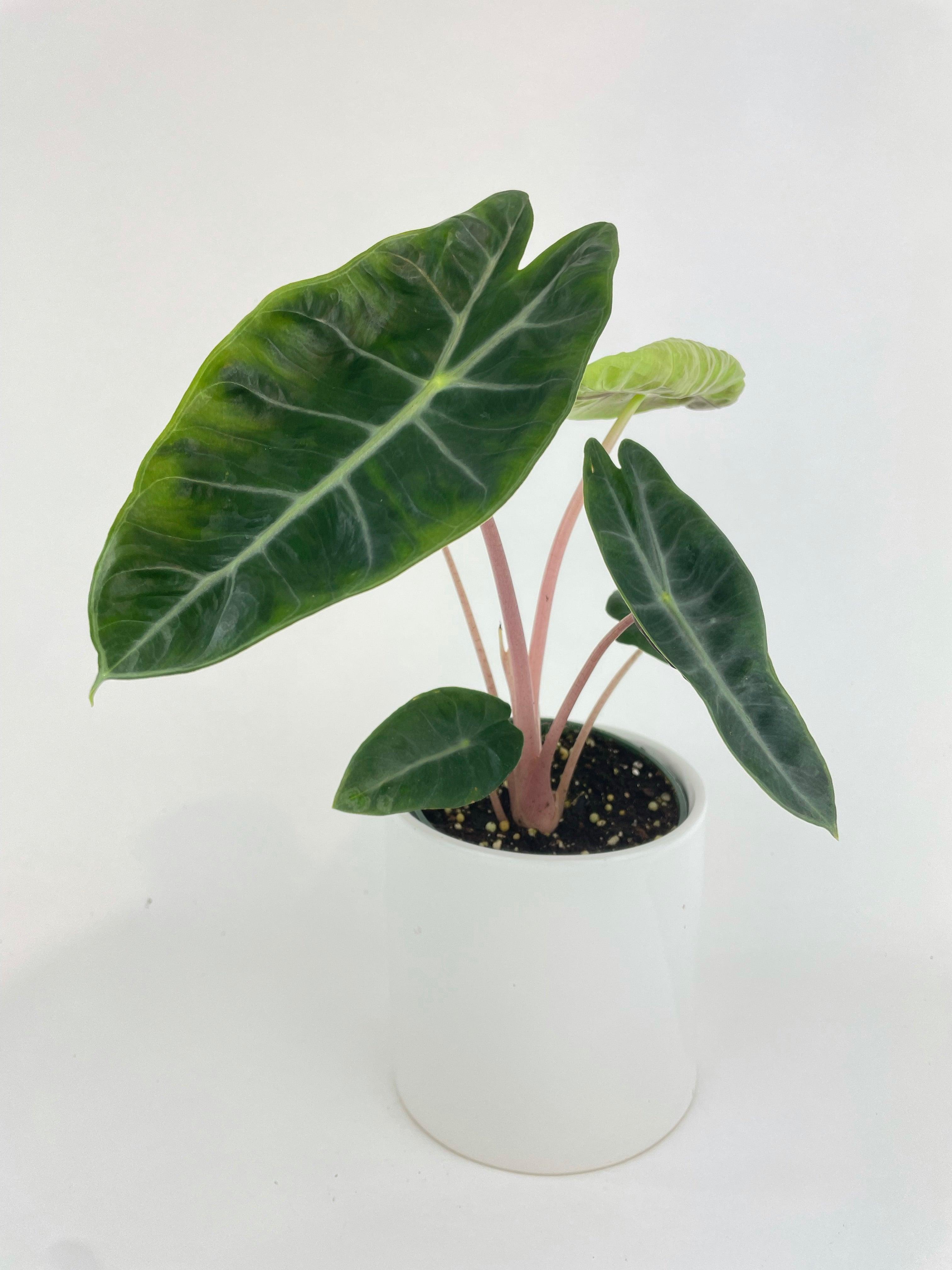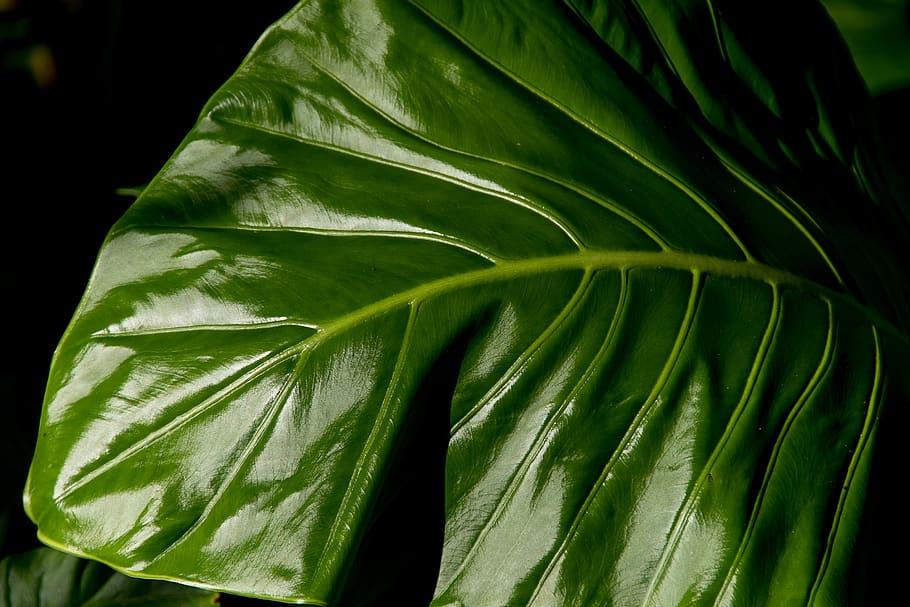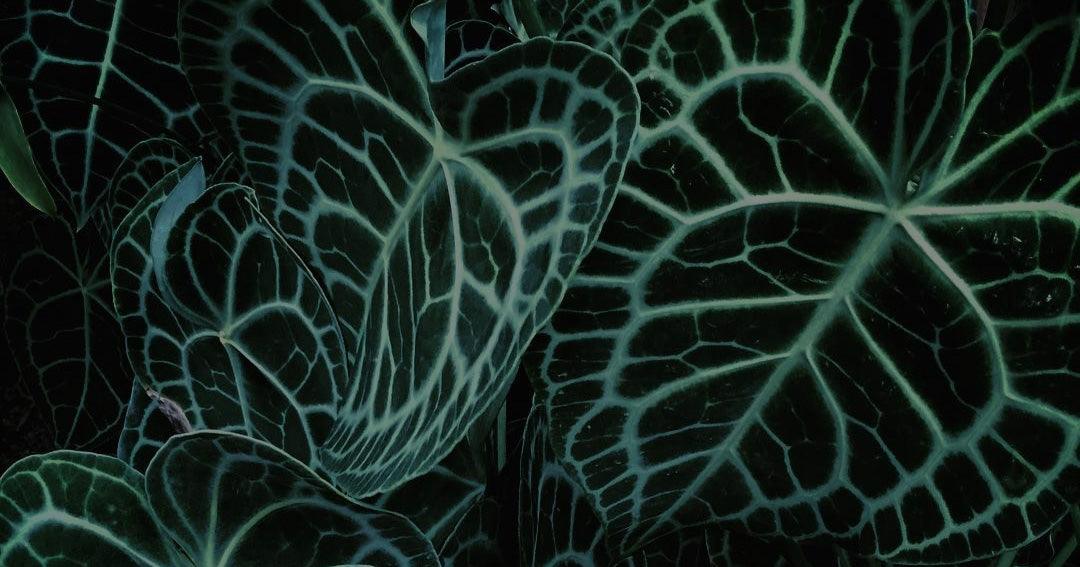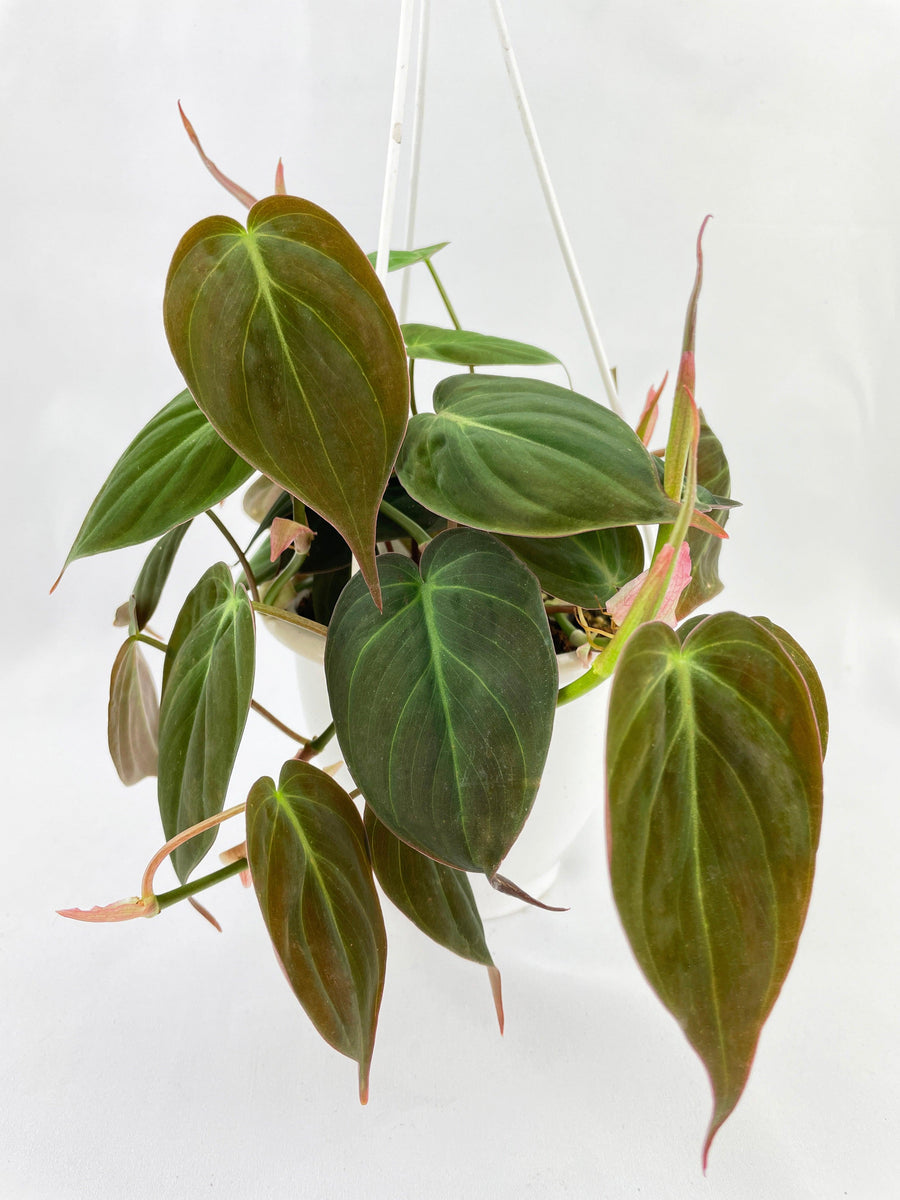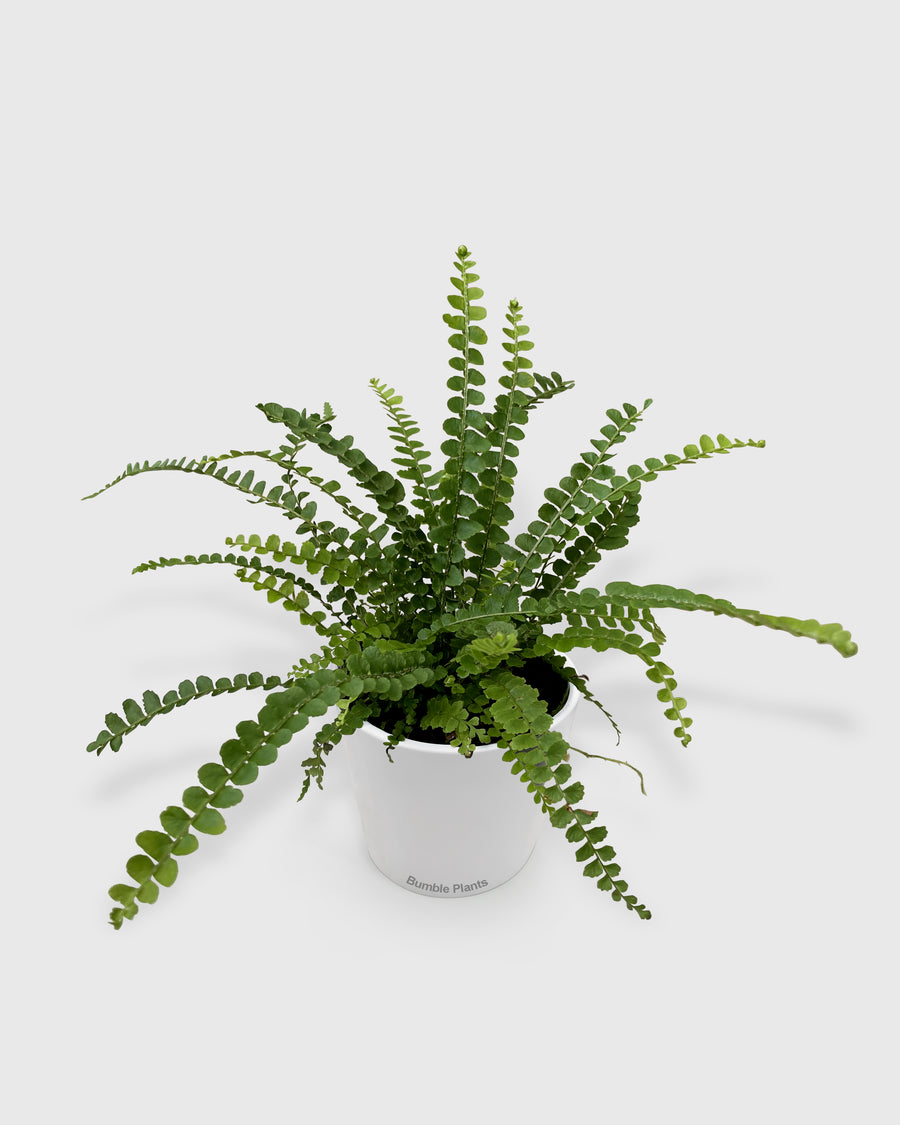Steps to Germinate Seeds of Houseplants Successfully
Houseplant enthusiasts start out a rewarding journey when they decide to cultivate their plants from seeds. The process of germinating seeds lays the foundation for healthy and thriving houseplants. In this guide, we'll explore the essential steps to ensure successful seed germination. Whether you're a beginner or looking to refine your skills, understanding the nuances of germinating houseplant seeds is key to fostering a green and vibrant indoor garden.
Understanding Seed Germination
Embarking on the journey of growing houseplants from seeds begins with a fundamental comprehension of seed germination. It is the pivotal process that marks the initiation of a plant's life cycle. Here, we delve into the core concepts surrounding seed germination, emphasizing its significance in cultivating thriving houseplants.
Definition of Seed Germination
Seed germination is the magical moment when a dormant seed awakens and starts its transformation into a seedling. Understanding the intricate details of this process is crucial for any aspiring plant parent.
Importance of Proper Seed Germination
Successful germination sets the stage for robust plant growth. We'll explore how the proper initiation of a seed's journey influences the overall health and vitality of houseplants.
Connection to the Life Cycle of Houseplants
Examining how seed germination fits into the broader life cycle of houseplants provides a holistic perspective. Recognizing the interconnectedness of these stages guides enthusiasts in nurturing their plants from seed to maturity.
How Do You Germinate Houseplant Seeds?
Embarking on the journey of growing houseplants from seeds begins with a fundamental comprehension of seed germination. It is the pivotal process that marks the initiation of a plant's life cycle. Here, we delve into the core concepts surrounding seed germination, emphasizing its significance in cultivating thriving houseplants.
Selecting the Right Seeds
Before you embark on your germination journey, it's crucial to choose quality seeds. Opt for seeds from reputable sources, ensuring they are viable and free from diseases or pests. A diverse selection of popular houseplant seeds awaits, offering a range of choices for your indoor garden.
Essential Tools and Materials
Equip yourself with the right tools and materials to create an optimal environment for seed germination. Invest in seed trays or pots, high-quality potting mix, and ensure your houseplants receive adequate lighting and proper watering techniques.
Creating the Ideal Germination Environment
Achieving successful seed germination involves creating the perfect environment for your seeds to flourish. Consider factors such as temperature, humidity, and ventilation to provide the optimal conditions for healthy seedlings.
7 Steps of Seed Germination
Successfully germinating houseplant seeds involves a well-defined process with seven essential steps. Let's break down each step to guide you through the intricacies of nurturing your seeds into thriving seedlings.
Step 1: Seed Preparation
Soaking Seeds if Necessary: Some seeds benefit from soaking before planting, promoting a quicker start to germination.
Scarification for Hard-Coated Seeds: For seeds with hard coats, scarification – a gentle abrasion or nicking – facilitates water absorption and kick-starts the germination process.
Step 2: Choosing the Right Container
Overview of Seed Trays, Pots, and Containers: Understand the pros and cons of different containers for your seeds.
Importance of Drainage: Ensure proper drainage to prevent waterlogging, a common issue in seed germination.
Step 3: Planting the Seeds
Proper Depth and Spacing: Plant seeds at the correct depth, ensuring they have adequate space for growth.
Covering Seeds with Soil: Provide a light covering of soil, balancing protection and exposure for optimal germination.
Step 4: Providing Adequate Water
Importance of Consistent Moisture: Maintain consistent moisture levels without overwatering to support seed germination.
Avoiding Overwatering: Excess water can lead to root rot and other issues; moderation is key.
Step 5: Ensuring Proper Lighting
Natural Sunlight vs. Artificial Light: Understand the lighting requirements for successful seed germination.
Duration and Intensity Considerations: Adjust lighting duration and intensity based on the specific needs of your houseplant seeds.
Step 6: Maintaining Optimal Temperature and Humidity
Ideal Temperature Ranges: Find the right balance of temperature for your seeds' germination needs.
Humidity Control Methods: Implement measures to control humidity, fostering a conducive environment for seedlings.
Step 7: Monitoring and Patience
Regular Observation of Seedlings: Keep a watchful eye on your developing seedlings for signs of growth and health.
Understanding the Germination Timeline: Patience is key; different seeds may take varying times to break the surface.
Overcoming Common Challenges in Seed Germination
Beginning the journey of germinating houseplant seeds inevitably comes with its share of challenges. Navigating and resolving these common issues ensures a smoother path to achieving successful seed germination.
Preventing Mold and Fungal Growth
Mold and fungal growth pose potential threats to the germination process. To circumvent these challenges:
Ensuring Proper Ventilation: Promote air circulation to deter the development of mold.
Maintaining a Sterile Environment: Use clean containers and soil to minimize the risk of contamination.
Addressing Leggy Seedlings
Leggy seedlings, with their elongated and weak stems, require specific interventions:
Optimizing Lighting Conditions: Enhance light intensity and duration to foster sturdier seedling growth.
Thinning Seedlings: If overcrowding occurs, thin out weaker seedlings to provide more space for robust growth.
Dealing with Slow Germination
If the germination process seems slower than anticipated, consider these factors:
Ensuring Optimal Conditions: Confirm that temperature, humidity, and other environmental factors are conducive to your specific seeds.
Checking Seed Viability: Assess the viability of your seeds; older seeds may exhibit lower germination rates.
How Do You Germinate Seeds Successfully?
As we approach the culmination of our guide on germinating houseplant seeds, it's essential to consolidate our knowledge into a roadmap for success. Let's revisit key steps and considerations, emphasizing the patience required in the germination process.
Recap of Key Steps and Considerations
Choosing Quality Seeds: Start with viable, disease-free seeds from reliable sources.
Equipping with the Right Tools: Gather essential tools and materials, including seed trays, quality potting mix, and appropriate lighting.
Creating the Optimal Environment: Pay attention to temperature, humidity, and ventilation for an ideal germination setting.
Following the 7-Step Process: From seed preparation to monitoring, ensure each step is executed diligently.
Emphasizing Patience in the Germination Journey
Regular Observation: Keep a watchful eye on your developing seedlings, noting any changes or signs of growth.
Understanding Timelines: Appreciate that different seeds have varying germination periods; exercise patience as nature takes its course.
At the end of this guide, successfully germinating houseplant seeds is a journey that requires a blend of knowledge, care, and time. By following these steps and embracing the patience inherent in nurturing seeds, you'll set the stage for a flourishing indoor garden.
Conclusion
As we conclude this guide on germinating houseplant seeds, remember that success lies in a mix of knowledge, commitment, and a dash of patience. From choosing quality seeds to crafting the right environment, each step contributes to the magic of turning tiny seeds into thriving greenery.
Your indoor garden journey is unique, much like each seed you nurture. By staying observant and following the outlined steps, you'll cultivate a flourishing space that brings joy and beauty to your surroundings.
May your endeavors in germinating houseplant seeds be rewarding, and may your indoor garden flourish with life, cultivated from seed to sprout.


